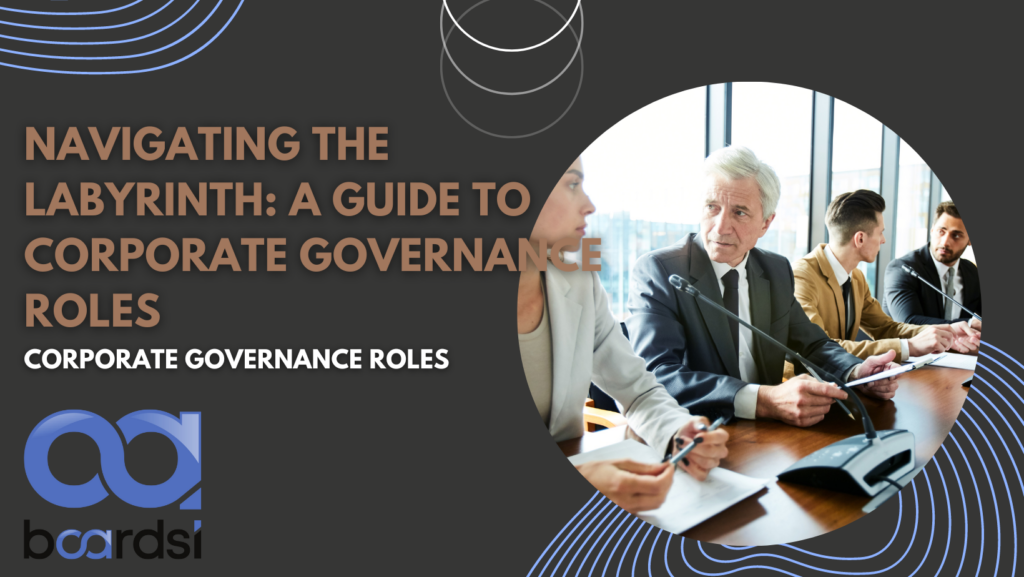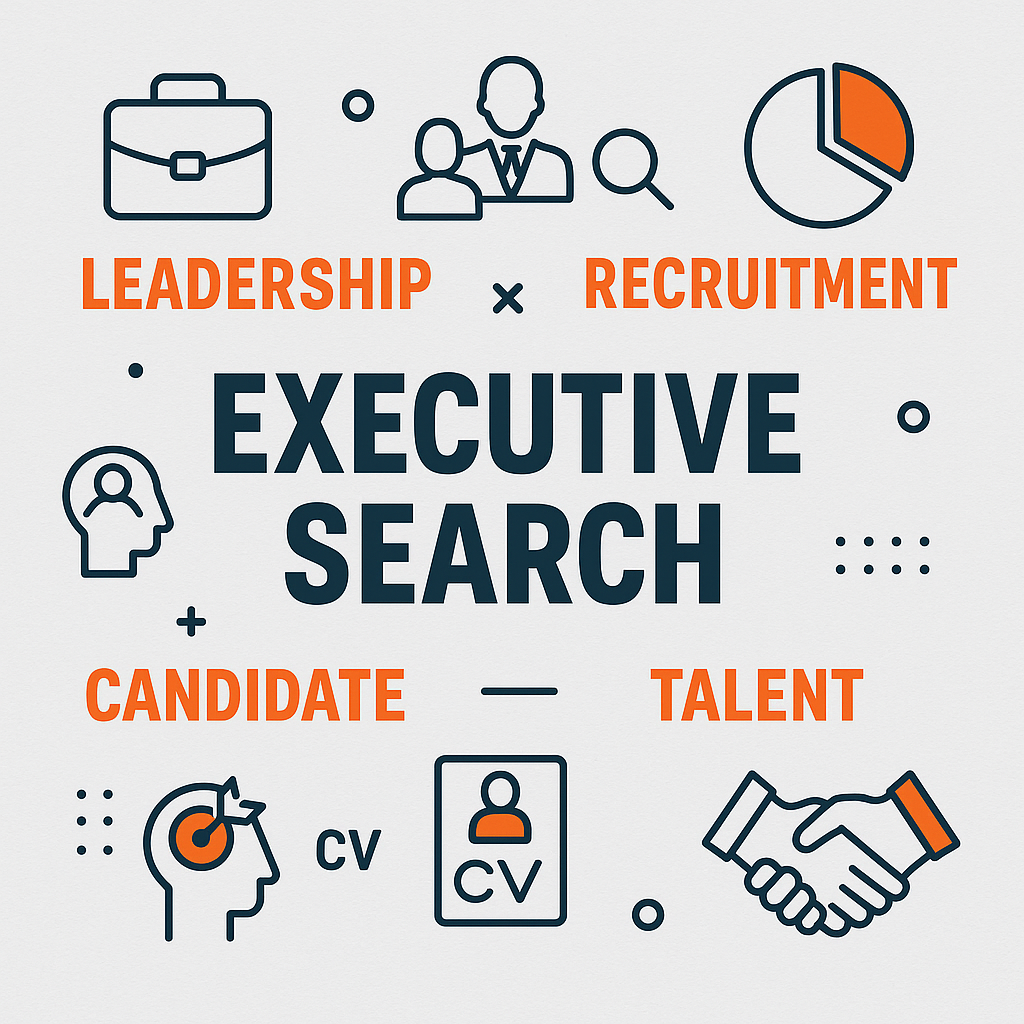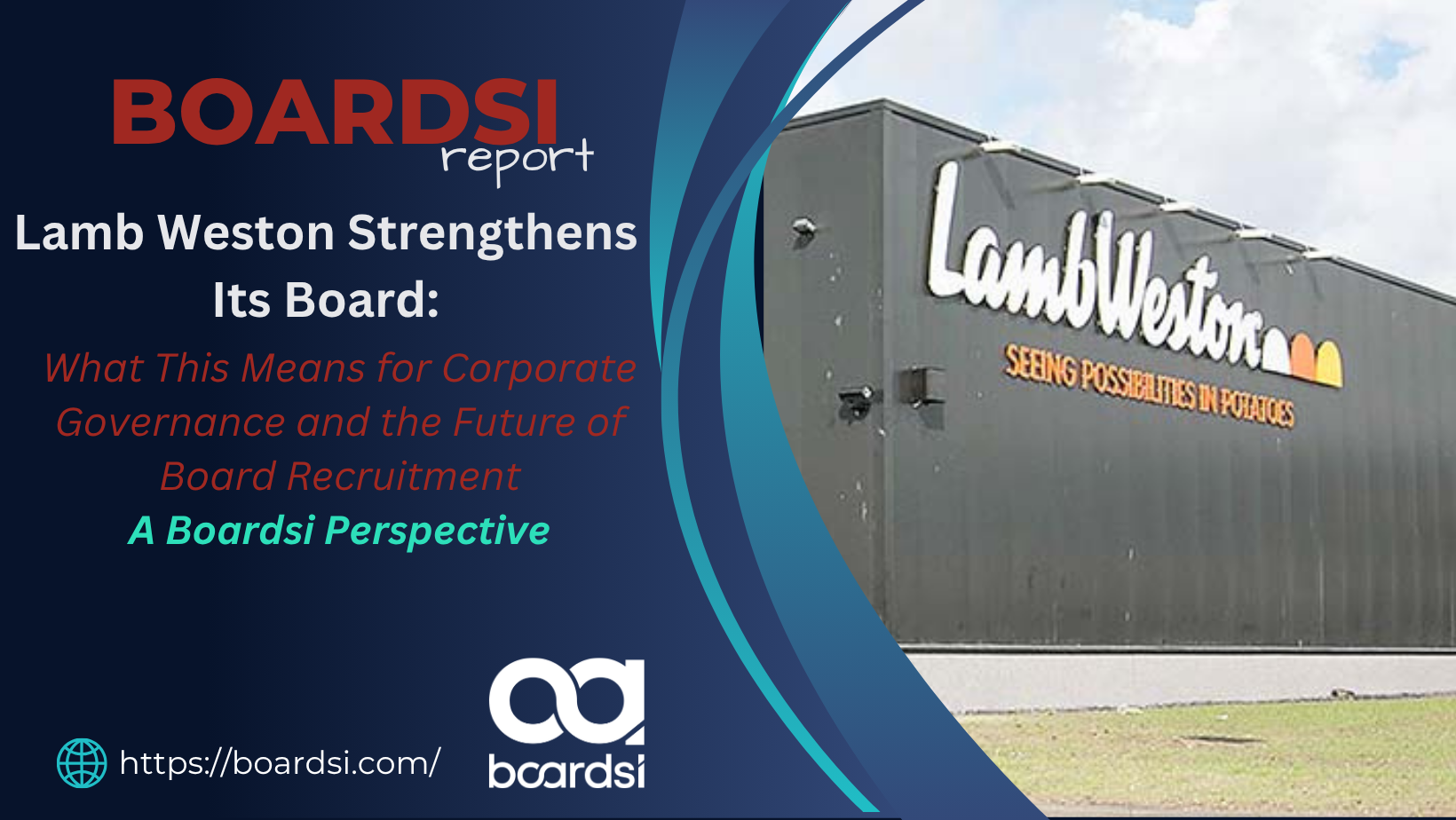The intricate world of corporate governance plays a critical role in ensuring the stability and success of organizations. But with a complex web of roles and responsibilities, understanding the corporate governance landscape can be a challenge. This article serves as your roadmap, demystifying key corporate governance roles and empowering you to identify your ideal path.
The intricate world of corporate governance plays a critical role in ensuring the stability and success of organizations. But with a complex web of roles and responsibilities, understanding the corporate governance landscape can be a challenge. This article serves as your roadmap, demystifying key corporate governance roles and empowering you to identify your ideal path.
Keywords: corporate governance roles, board of directors, executive roles, board committees, compliance officer, stakeholders, risk management
The Pillars of Corporate Governance:
- Board of Directors: Provides strategic oversight and holds management accountable to shareholders and stakeholders.
- Executive Team: Responsible for the day-to-day operations of the organization and implementing the board’s vision.
- Board Committees: Dedicated groups of directors focusing on specific areas like audit, compensation, or nominations.
- Compliance Officer: Ensures the organization adheres to laws, regulations, and ethical standards.
A Closer Look at Key Corporate Governance Roles:
- Board Chair: Leads the board of directors, facilitates discussions, and ensures effective board functioning.
- CEO (Chief Executive Officer): The top executive responsible for the organization’s overall performance.
- CFO (Chief Financial Officer): Oversees the financial health of the organization.
- General Counsel: Provides legal advice and manages legal risks.
- Audit Committee Chair: Leads the committee responsible for overseeing the financial reporting process and internal controls.
Understanding Your Fit Within Corporate Governance:
- Interests and Skills: Consider your passion for governance, financial acumen, leadership qualities, and risk management expertise.
- Experience and Qualifications: Assess your educational background, relevant work experience, and any professional certifications that align with specific roles.
- Career Aspirations: Identify your long-term career goals and preferred areas of focus within corporate governance.
Boardsi: Your Partner in Navigating Corporate Governance Roles:
Boardsi offers a range of resources to support your journey in the world of corporate governance:
- Board Development Programs: Develop the skills and knowledge necessary to thrive in corporate governance roles.
- Governance Best Practices Guidance: Gain insights into effective governance frameworks and regulatory compliance.
- Career Coaching Services: Receive personalized guidance to identify your ideal career path within corporate governance.
#corporategovernance #governance #boardofdirectors #executives #boardcommittees#complianceofficer #stakeholders #riskmanagement #governancecareers









